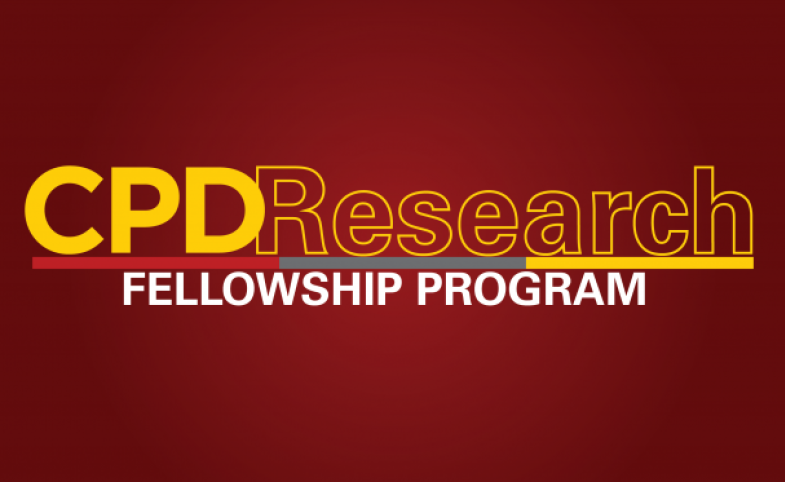A recent book from Martha Bayles, a lecturer in humanities at Boston College, tackles the question of how American entertainment industry products confound official U.S. government efforts to represent the nation to...
KEEP READING
The USC Center on Public Diplomacy Announces 2011-2013 CPD Research Fellows
The USC Center on Public Diplomacy is proud to announce its new CPD Research Fellows for 2011-13: Michele Acuto, Sarah Graham and R.S. Zaharna.
"These non-resident fellows come to the Center with a broad range of expertise and will undoubtedly enhance the field of public diplomacy through their research findings,” said Philip Seib, Director of the USC Center on Public Diplomacy at the Annenberg School.
About the 2011-2013 CPD Research Fellows
Michele Acuto is a doctoral researcher in the Asia-Pacific College of Diplomacy at the Australian National University, where he researches the strategic role of global cities for global governance. In addition to working with academic institutions throughout Europe and Southeast Asia, he has worked as an independent consultant on conflict resources and the Kimberley Process on diamonds for several years, and subsequently served as JPO to secretariat of the International Campaign to Ban Landmines. His work seeks to bridge key views from practitioners and academia in understanding the role of global cities in international affairs.
In his CPD research project, The Diplomacy of Sustainability: Are Global Cities the New Climate Leaders? Michele will examine how metropolises respond to transnational, long-term, and persistent problems in world politics, and how they devise strategic linkages to provide urban solutions to global challenges. The research for this project will draw upon practical examples as they unfold in the global politics of sustainability of the Climate Leadership Group (or ‘C40’).
Sarah Graham is a lecturer at the University of Western Sydney, and was previously an adjunct lecturer at the University of Southern California. She has written a book on U.S. attitudes to public diplomacy in the 1918-1953 period and has published articles on U.S. public diplomacy in UNESCO, on public diplomacy and the Indo-American relationship, and on Washington's prospects for effective track-two diplomacy in the Asia-Pacific. Sarah has an ongoing interest in International Relations theory, and hopes to engage in dialogue or workshops with the USC Master of Public Diplomacy program on the intersections between studies of public diplomacy and IR theory.
In her CPD research project, U.S. Public Diplomacy and Indo-American Relations, Sarah will survey the Indo-US diplomatic relationship throughout the post-war period, and investigate the role (and probable failure) of U.S. public diplomacy in India. The two core outputs of this research will include a detailed historical survey of U.S. public diplomacy in India and an overview of perceptions and misperceptions of the United States in contemporary India.
R.S. Zaharna is an associate professor in the School of Communication and affiliate associate professor in the School of International Service at American University in Washington, D.C. She specializes in intercultural and international strategic communication. Her public diplomacy research interests are in culture and relational approaches. In addition to more than twenty years of teaching strategic communication, she has advised on communication projects for multinational corporations, governments, and international organizations, including the United Nations, World Bank, and NATO. Since 9/11 she has testified on several occasions before the U.S. Congress and has addressed diplomatic audiences and military personnel in the United States and Europe on strategic communication and public diplomacy.
The goal of Zaharna’s CPD research project, Exploring the Cultural Underbelly of Public Diplomacy, is to stimulate greater awareness and knowledge of how culture influences public diplomacy and help generate multicultural perspectives of public diplomacy. Although cultural diplomacy may benefit from culture as a highly visible tool for promoting mutual understanding, public diplomacy is vulnerable to the hidden aspects of culture that can generate mutual misunderstanding.
To learn more about the CPD Research Fellowship Program, click here.
Visit CPD's Online Library
Explore CPD's vast online database featuring the latest books, articles, speeches and information on international organizations dedicated to public diplomacy.
Popular Blogs
-
January 29
-
January 20
-
January 28
-
January 2
-
January 8












Add comment